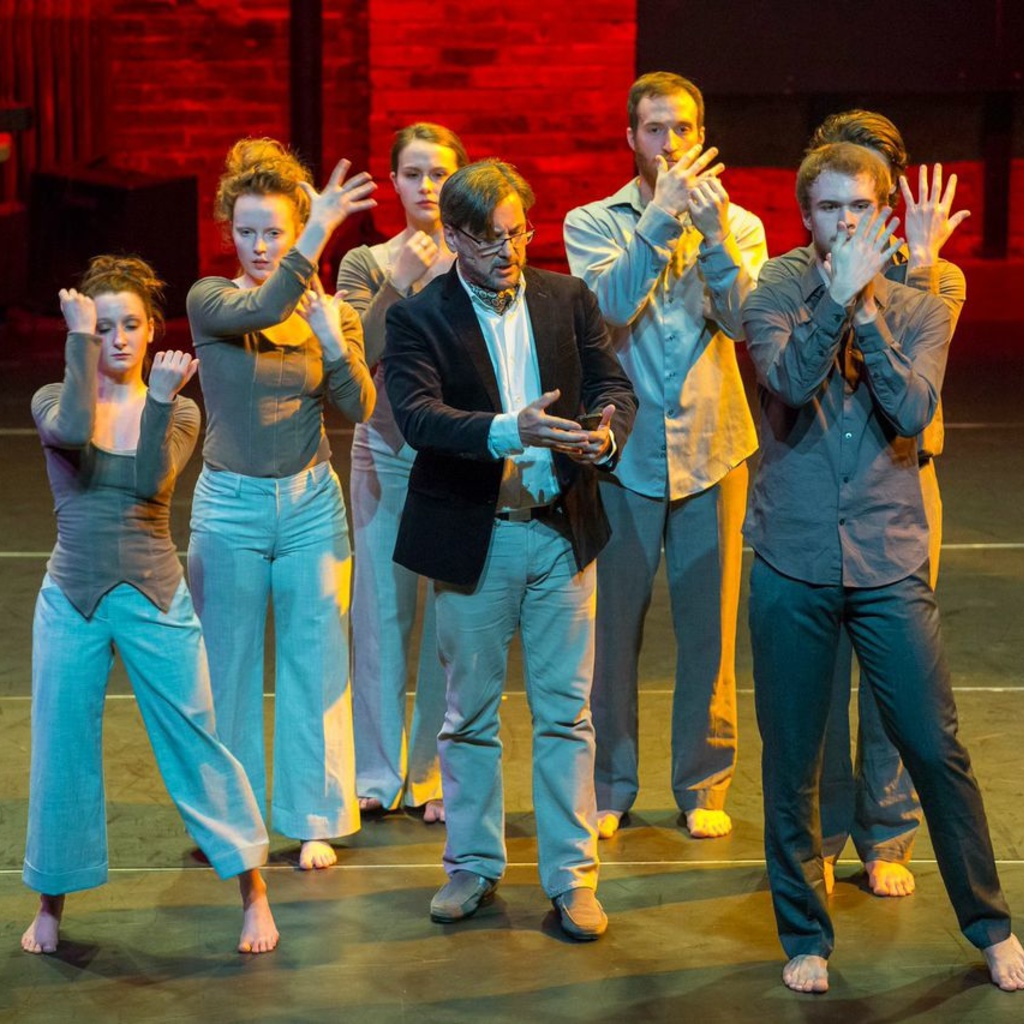Upcoming Events

2025 Virtual Dissertation Camp
Wednesday, May 28, 2025 9:00am to 1:00pm
The Writing Center's Dissertation Writing Camp takes place via Zoom from Tuesday May 27 to Friday June 6. Graduate students from colleges and departments across campus meet in facilitated discussion groups, write together, track their progress on blogs, meet individually with Writing Center consultants, and attend presentations on dissertation-related topics. Events include presentations from staff in the UI Libraries, the Graduate College, and Student Health about resources to support graduate...

2025 Virtual Dissertation Camp
Thursday, May 29, 2025 9:00am to 1:00pm
The Writing Center's Dissertation Writing Camp takes place via Zoom from Tuesday May 27 to Friday June 6. Graduate students from colleges and departments across campus meet in facilitated discussion groups, write together, track their progress on blogs, meet individually with Writing Center consultants, and attend presentations on dissertation-related topics. Events include presentations from staff in the UI Libraries, the Graduate College, and Student Health about resources to support graduate...

2025 Virtual Dissertation Camp
Friday, May 30, 2025 9:00am to 1:00pm
The Writing Center's Dissertation Writing Camp takes place via Zoom from Tuesday May 27 to Friday June 6. Graduate students from colleges and departments across campus meet in facilitated discussion groups, write together, track their progress on blogs, meet individually with Writing Center consultants, and attend presentations on dissertation-related topics. Events include presentations from staff in the UI Libraries, the Graduate College, and Student Health about resources to support graduate...

2025 Virtual Dissertation Camp
Monday, June 2, 2025 9:00am to 1:00pm
The Writing Center's Dissertation Writing Camp takes place via Zoom from Tuesday May 27 to Friday June 6. Graduate students from colleges and departments across campus meet in facilitated discussion groups, write together, track their progress on blogs, meet individually with Writing Center consultants, and attend presentations on dissertation-related topics. Events include presentations from staff in the UI Libraries, the Graduate College, and Student Health about resources to support graduate...
Pagination
Spacer
Upcoming Application Deadlines
Upcoming Application Deadlines
News

Philosopher Promotes Everyday Practice of His Field—And Lands Dream Job
“The Institute [on Engagement and the Academy] really pushed me to figure out what civically engaged scholarship looked like,” says Brian Collins. “It was—and sometimes still is—difficult for me to wrap my head around how my scholarship as a philosopher could directly apply to and benefit from this kind of work.” That has not stopped Collins from imagining ways to share philosophy and its...

Medieval Scholars Get Messy with NEH Manuscript Production Seminar
Most of what we know about the literature, art, and science of the Middle Ages has been interpreted by scholars from texts hand-scribed on parchment. And though they return to these illuminating manuscripts for more clues, few scholars deeply understand the process of their production. Providing scholars with hands-on experience is the central...

Scenes from Anthropocene Symposium
Several keynote lectures from the 2014-15 Obermann Humanities Symposium, Energy Cultures in the Age of the Anthropocene were filmed and are now available on the Obermann's YouTube channel. Lonnie Thompson: "Climate Change: The Evidence and Our Options"; Jennifer Kayle and UI dancers: "Smoke-Screen: This and Other Warnings"; Charles Mann: "Energy and Climate: A Problem from Hell"...

The Allure of Concision — Matthew Arndt’s Fascination with Schoenberg’s Shortest Works
“Concise!” In 1909, the composer Arnold Schoenberg wrote to a friend, “My music must be short. Concise! In two notes, not built, but ‘expressed.’ And the result is, I hope, without stylized and sterilized drawn-out sentiment.” This call to simplification marked the beginning of a two-year period of radically unconventional music, even compared with his earlier nontonal music. This period...

Shannon Jackson challenges higher education to consider--The Way We Perform Now
At the 2014 Consortium of Humanities Centers and Institutes, Shannon Jackson, Goldman Chair in the Arts and Humanities at the University of California-Berkeley, stole a very impressive show as she previewed the book she is writing with a Guggenheim fellowship: The Way We Perform Now. We are delighted that Jackson is coming to the UI for a public talk on Wednesday, March 24 from 3:30-5:00 at the...

Smoke-Screen: Dance Performance Explore Themes of the Anthropocene
Smoke-Screen Debuts as Finale of Anthropocene Symposium Jennifer Kayle (Dance, CLAS; pictured left) has spent the past few months immersed in books like Diane Ackerman’s The Human Age: The World Shaped by Us and Elizabeth Kolbert’s The Sixth Extinction: An Unnatural History, as well as works about how complex science can be effectively communicated to a broader public. This research has been...
Pagination







